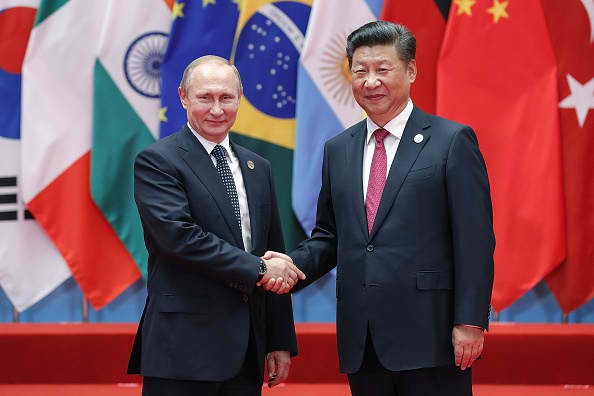During the 13th annual gathering of the Valdai Discussion Club, politicians and experts from 35 countries, including Russia, the United States, China, India and Australia met to discuss global issues.
According to John Mearsheimer, a professor of political science at the University of Chicago, "the current world order is going through a period of transformation, moving from a unipolar structure to a situation in which key issues depend not only on the United States but also on the political course of the two rising superpowers--Russia and China."
The expert said that as tensions grow in Southeast Asia, the U.S.'s role in the region is becoming questionable.
"Russia has three choices: No. 1, they can ally themselves with the Chinese. No. 2, they can ally themselves with the U.S., which basically means joining in the balancing coalition against China. Or the Russians can remain neutral and play U.S. and China against each other," Mearsheimer said.
Fu Ying, the chairperson of the Foreign Affairs Committee of the National People's Congress of the People's Republic of China, disagreed and said, "China views the U.S.-dominated world order as a mess and this is why it does not want to take over. Why should China repeat the mistakes which the U.S. did?"
Experts still believe that the relations between China and Russia are at a historic high.
According to J. Stapleton Roy, founding director emeritus of the Kissinger Institute, "The reality is that Russian and Chinese relations are probably the best [they've been] in modern history. . . . They're both opposed to a world dominated by a source of power that isn't one of them."
He added, "They both feel threatened by U.S. unilateralism."




























